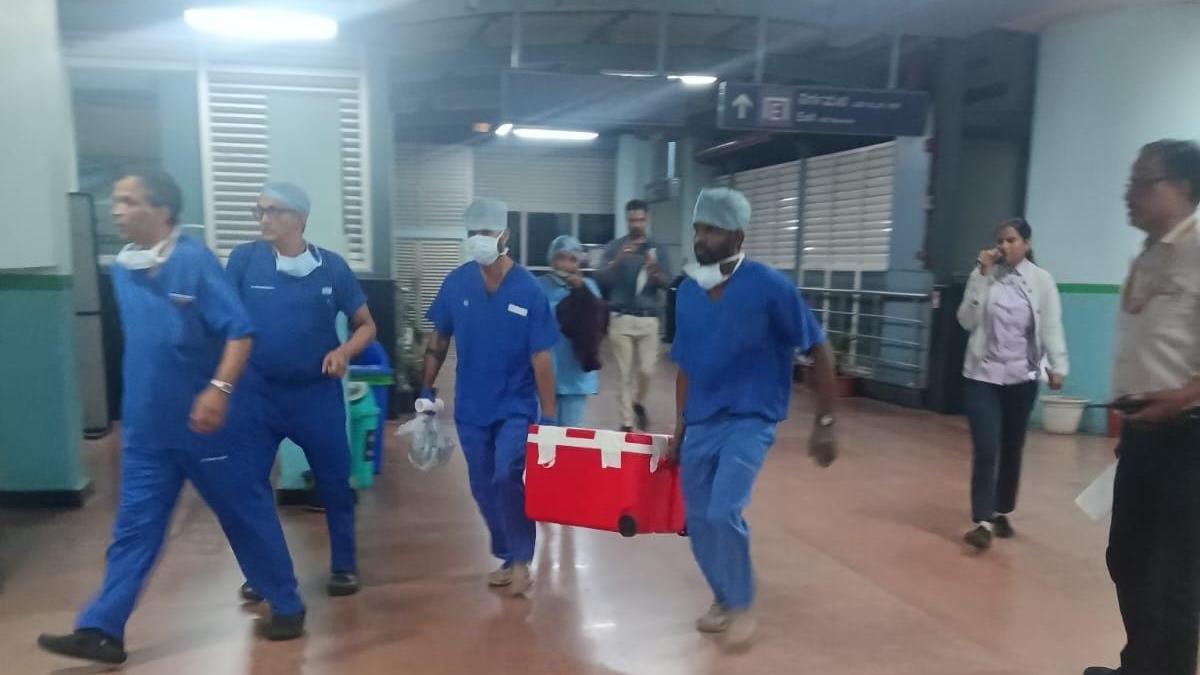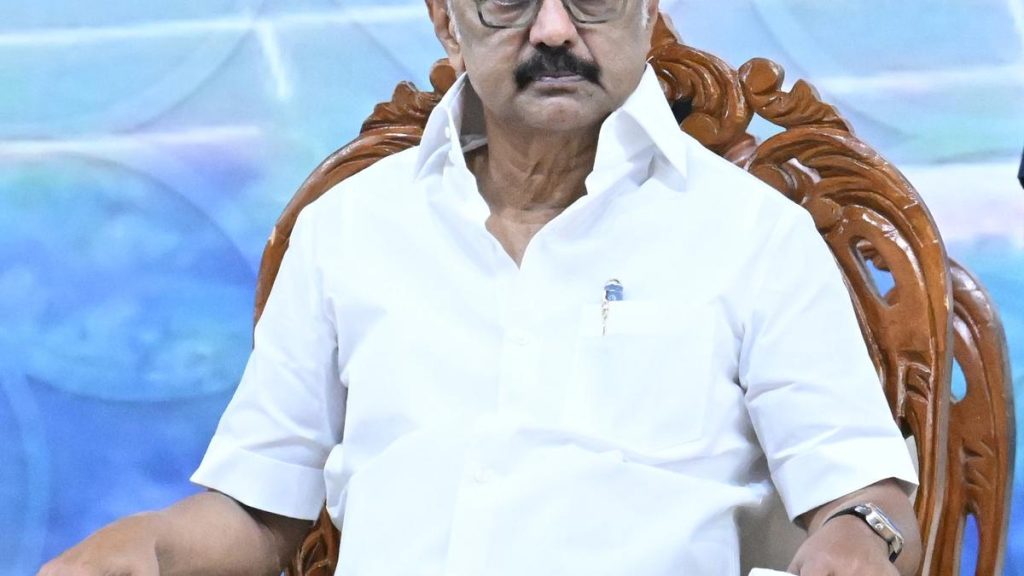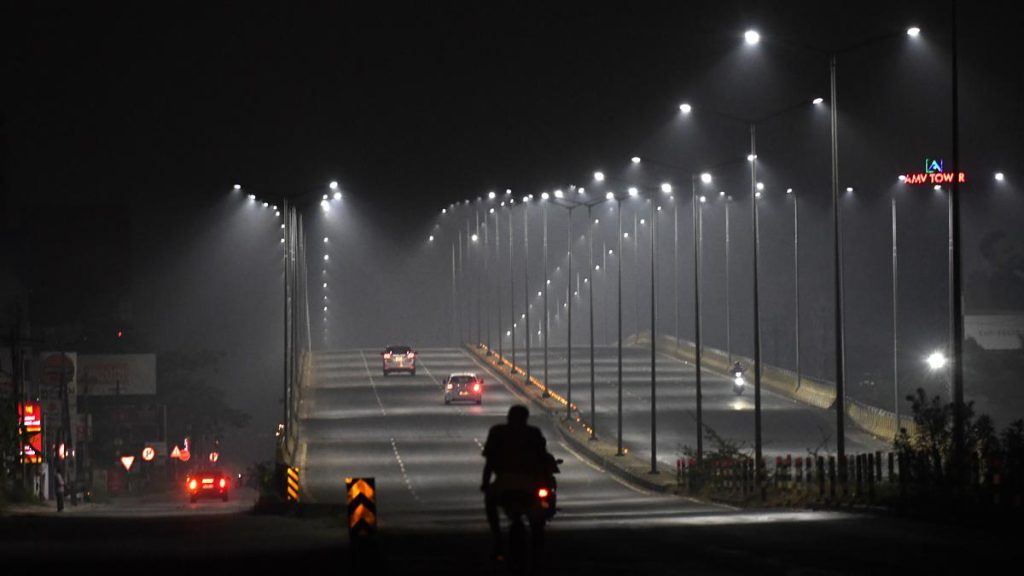Now Reading: Bengaluru Metro Aids Organ Transport for the Second Time
-
01
Bengaluru Metro Aids Organ Transport for the Second Time
Bengaluru Metro Aids Organ Transport for the Second Time

Rapid Summary:
- On September 11, 2025, a live human heart arranged by Sparsh Hospital was transported via Bengaluru’s Namma Metro for transplantation at Apollo Hospital.
- The operation started at 11:01 p.m. and concluded at 11:21 p.m., covering seven metro stations in just 20 minutes.
- The heart was carried inside Train ID 12, Train Set 29, and accompanied by the hospital’s medical team.
- Special arrangements were made to ensure a smooth transfer; BMRCL coordinated with Sparsh Hospital’s team and security personnel to establish an uninterrupted corridor.
- This marks the second successful organ transport facilitated by Namma Metro. In August 2025, BMRCL assisted in transporting a donated human liver between hospitals using metro services during peak traffic hours.
Indian opinion Analysis:
Bengaluru’s Namma metro is setting an innovative precedent by leveraging urban transit infrastructure for critical medical logistics. Organ transportation is highly time-sensitive; minimizing delays directly impacts patient survival rates. By facilitating thes operations swiftly amidst city traffic challenges,BMRCL demonstrates adaptability and social responsibility.
This initiative could pave the way for public transit systems across India to explore similar applications in urban healthcare scenarios. It reinforces the meaning of integrating transport planning into essential civic services while maximizing existing resources like metro networks. However, scaling such efforts might require standardized protocols and closer partnerships between hospitals and transport authorities nationwide to replicate this success effectively.
























